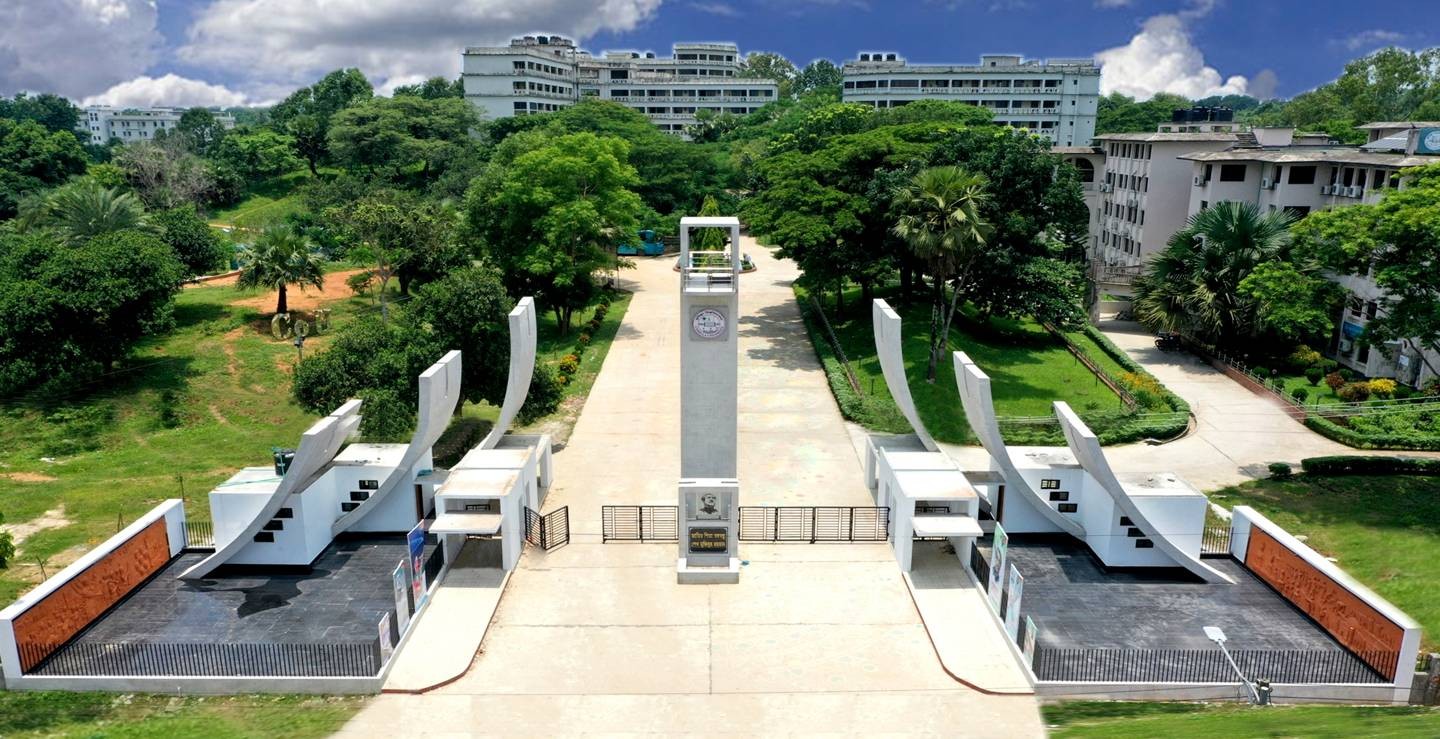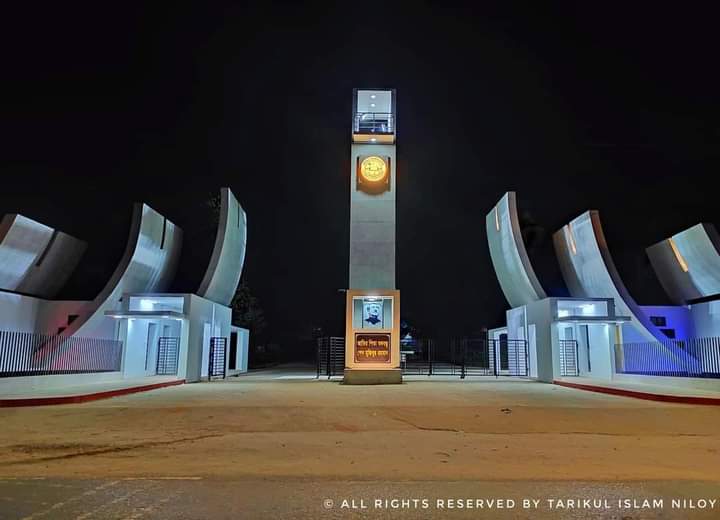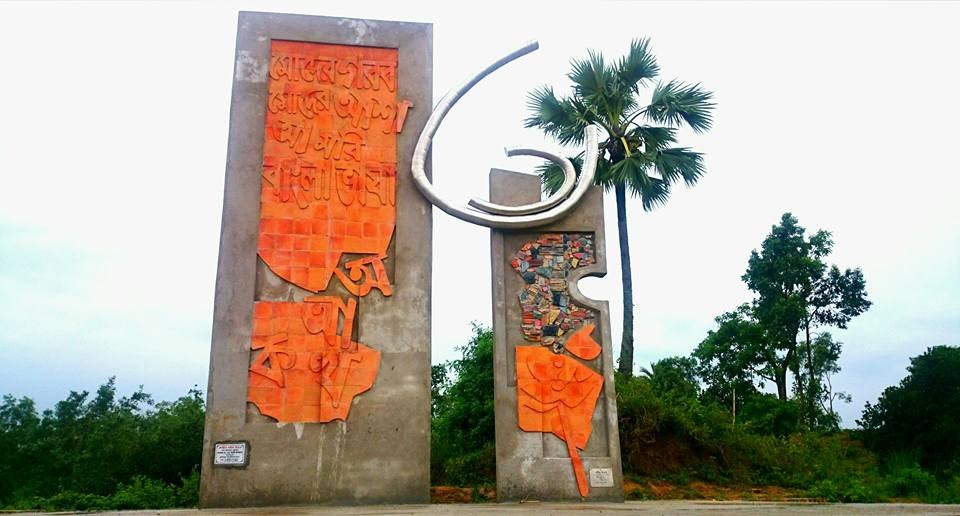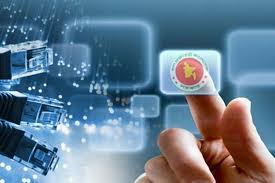By Joyeeta Barua
Information is the Weapon for 21st century and Technology adds a next level dimension to it. With the help of globalisation communications has become a important part of this era. ICT is the combination of information and and communication through technology. Ict has become a part and parcel of our life. It is changing the world in so many different ways.The implementation of ICT in governance making so many drastic changes in Bangladesh as well.
What is governance? Government and governance are not the same thing. Government is the owner of the state and Governance is the act or process of governing or overseeing the control and direction of something. Such as a country or an organization.
In today’s world, Information and Communication Technology (ICT) has a huge impact on socio-economic livelihood of people of the country.Government functions are the most profound areas where ICT can play a vital role in fostering and improving citizen centric services.
Governance consists of some elements like- duty, transparency, accountability, participation etc. If governance is successfully implemented,it helps to create a disciplined, sound and effective environment to achieve long term success for a country.
Bangladesh has taken a firm stance in favour of ICT since late 1996. During the last one and a half decades, Bangladesh has attained some major achievements in the ICT sector along with the adoption of the vision of establishing full-fledged ICT-driven governance. Adaptation of e-Governance is a key for smart governance and making information technology (IT) relevant to ordinary citizens in Bangladesh.
Transparency Enhancing:
The use of ICT has brought transparency in government activities. Government services and information are easily available on online. For example- file tracking system, Government Policy & information, digital services are available online so that people can easily access important government services and information without much hassle.They can also observe things that reduces the tendency and chances of corruption.
Mass participation:
Just as the public can access information and services, they are also able to provide feedback and file complaints regarding the government or government-related matters. This fosters greater interaction between the government and the general public, reduces the distance between them, enables the relevant authorities to be informed about the issues, needs, and aspirations of the people, and helps in minimizing corruption by eliminating the need for middlemen. For instance, in cases of unfair pricing or violations of consumer rights, individuals can file complaints directly, while maintaining anonymity, with the Department of Consumer Rights Protection against the concerned product or organization.
Accountability:
ICT in governance is increasing accountability. Technology is being used to track the progress of government services and projects, allowing the public to easily access information related to these projects and ensuring transparency.
Digitisation of government services:
Government is offering its many services digitally, like- e-tax, e-TINs, e-tendering, e-passport, e-filling, e-land records etc. Using apps like Bkash, Nagad people can pay bills with their smart devices, Students of government primary and secondary schools are receiving their stipends conveniently through mobile banking apps. As a result, people no longer have to put up with the hassle of standing in long queues to do these tasks.
Enhancement of administrative capacity:
Through the use of ICT, the implementation of automation software in administrative tasks has made it much easier to collect and manage file data, track the progress of various government projects, and perform many other related activities.
E-Governance:
Electronic governance or e-governance refers to government functioning with the application of ICT (Information and Communications Technology). E-governance offers citizen empowerment through access to information, improves government interaction with mass people and business-industries, e-governance tries to keep more efficient government
management and less corruption in administration.
However, Bangladesh’s performance in the global e-government index is not a satisfying one. This is to say that it shows a gap between initiatives and reality.
Challenges and Drawbacks of ICT in Governance-
Just like a coin has two sides, there are opposites, ict in governance or e-governance has some drawbacks that need careful consideration. like-
Outdated Laws:
Many existing laws governing governance and public administration were developed long before the rise of ICT and may not adequately address the new challenges that come with digital transformation. For example, data privacy and online security laws may be outdated. Digital rights and cybersecurity acts should be introduced properly and there shouldn’t be loop hole so that government can ensure the smooth functioning of ICT in governance.
Lack of Standardization:
lack of integration in government departments and agencies may create create inefficiencies and make it difficult for citizens to navigate between different services. It also increases the administrative burden, as each department may require separate training or support systems to operate its ICT tools.
Hyper-Surveillance:
Over-dependence on technology for governance could lead to excessive monitoring which can create a situation where individuals feel their privacy is compromised, even in the pursuit of public good
False sense of transparency:
Although ICT can make government activities more visible to the public, it does not necessarily mean that transparency is genuine. Some say that online governmental transparency is questionable because the governments themselves maintain it.
However, in conclusion, it can be stated that Information and Communication Technology (ICT) plays a pivotal role in the advancement of governance, resulting in a shift from negative to more positive outcomes. In the context of globalization, there is no alternative to an efficient ICT-driven governance system to move forward in sync with the global trends. However, it is equally important to emphasize the need for the moral development of individuals. It is the synergy between human integrity and technology that has the potential to guide the functioning of the state apparatus along the right path.
The Writer is a Member of Social Research Group (SRG) and an undergraduate Student of Public Administration, Comilla University. This is a work in progress.
















